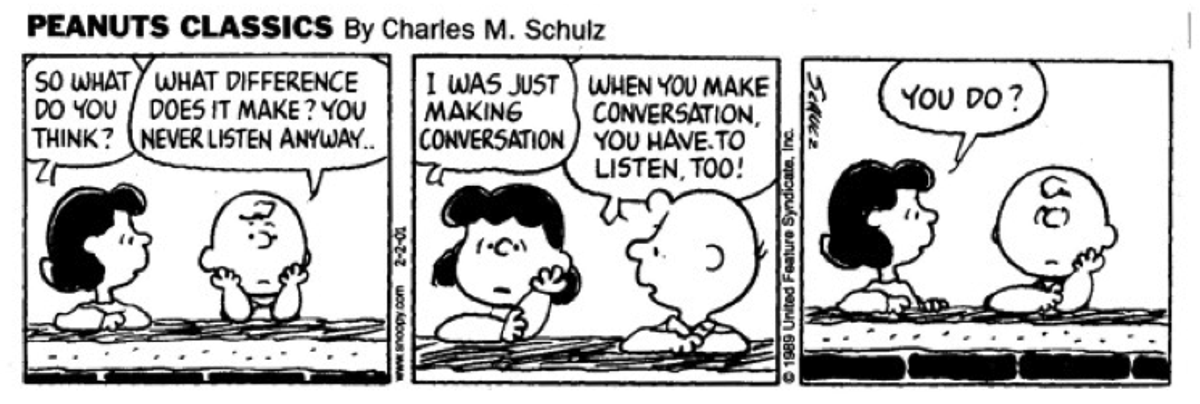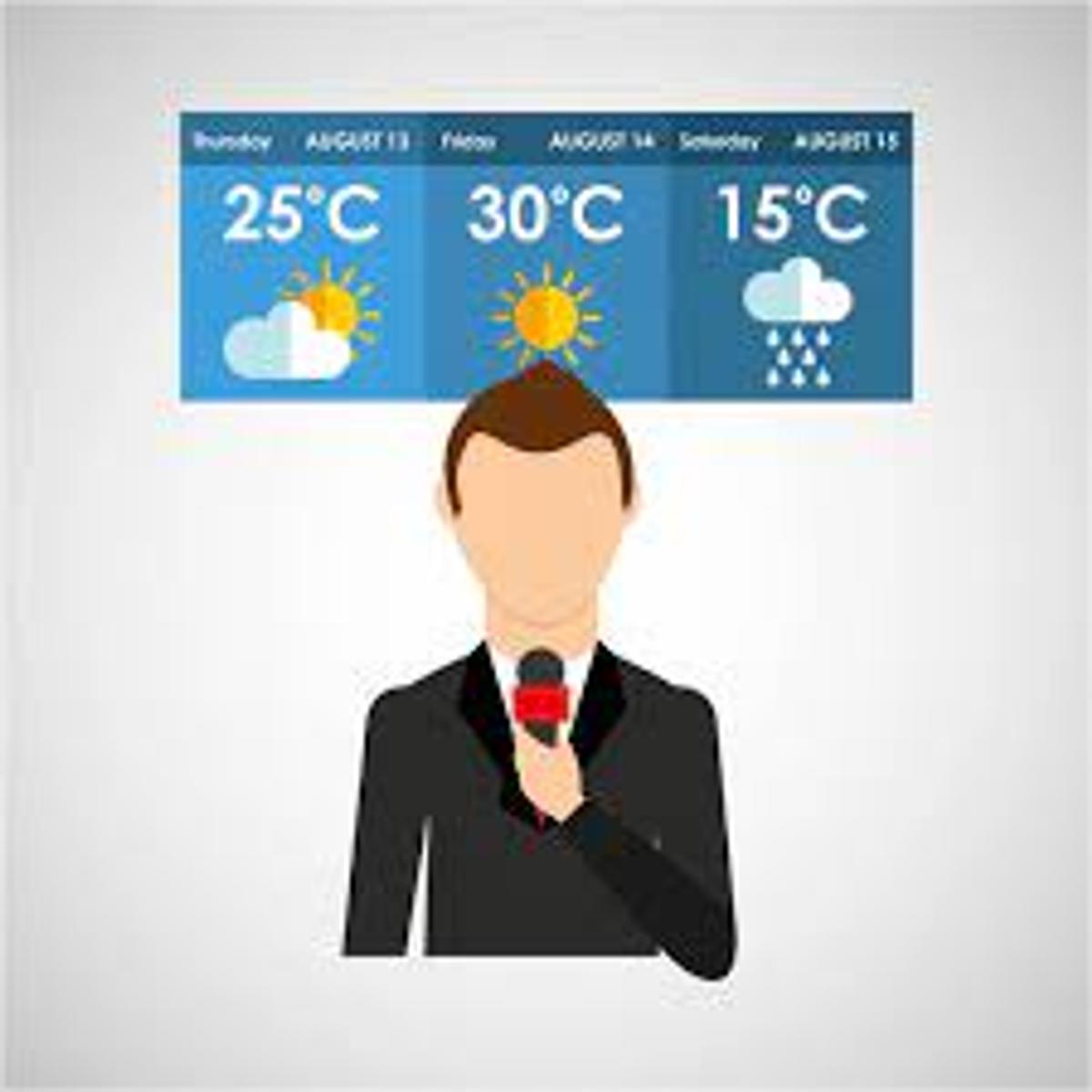Helping your Child to Speak and Listen
Discussing news and current events
As your child gets older, they become more aware of news and current events. Discussing news and current events can enrich your child’s understanding of the world.
Questions are an effective way to encourage your child to think critically about an event and can help foster empathy. Questions also help your child to develop oral fluency when discussing social issues.
Questions you might ask when discussing a news story or current event include:
- What do you think caused the event?
- How do you think people will be affected?
- Is it fair?
- Why do you think people think that/do that?
- Could there be another side to this news report?
- What do you think will happen next?
- How could the problem be fixed?
Some other activities to develop your discussion:
- Encourage children to find the good in bad or unhappy news stories by looking out for the people or organisations who are offering aid, e.g. 'Who are the helpers in this event?'
- Read several articles together on the same issue to get different opinions. Then discuss the different opinions.
- Have a debate on a topic, with you and your child taking different sides of the issue.
- Download and listen to podcasts on an issue and discuss.
- Discuss different 'What if?' scenarios. This will help develop your child’s problem-solving and imagination.
Many news items can be distressing or confusing for children. Ensure you select items that are appropriate for your child. There are some excellent podcasts and online programs that provide the news in an age-appropriate manner:
Exploring Numeracy with your Child
Watching the weather
Because it changes daily, the weather can be a great topic to discuss maths with your child. Try these activities:
- Visit the Bureau of Meteorology website
- Use a thermometer and/or rain gauge to keep graphed records of your local weather conditions.
- Ask your child the difference between each day’s minimum and maximum temperatures. Do they notice a pattern or trend in the weather changes?
- Find a seven-day forecast, then record the actual temperature for each day and compare. Ask your child if the forecast was accurate. Ask them what similarities and differences they notice.
- Use the information on the weather website to explore differences in weather between your area and other areas. Ask your child how much rain you get compared to other areas. Ask your child to identify differences in temperature between your area and other areas. Who might be affected by an increase or decrease in rainfall?
Enjoy exploring the news and weather with your child!




